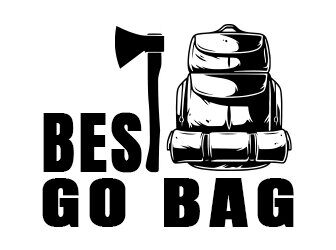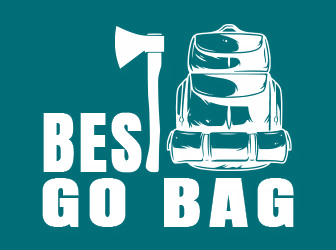If camping is a regular routine for you and your family or friends, you already know what you need to pack for each trip.
But suppose you saw a list that included a few items you might not have previously thought of? Or perhaps you’re just getting into camping and would like some advice along those lines.
That’s what I’d like to discuss today. Due to restrictions involving indoor events, more people are getting out and enjoying nature these days.
There will probably be a lot of camping going on over the next six months or so. I hope this “camping checklist” helps you include all the items you might need for your next excursion. Whether it’s at a state park, a private campground or your backyard.
Don’t pack too much… or too little
A family member of mine says, “If you’ve got it, pack it.” That might be fine for a long vacation. But it’s not what you want to do for camping.
One of the most enjoyable things about camping is getting away from it all. And that means a change of pace from many of the things you see or use or wear or eat or drink everyday.
Making do with less will enhance your camping experience. And will probably lead to deeper and more meaningful conversations with loved ones. On the other hand, you don’t want to get stuck miles away from home without something you really need.
So, let’s take a look at this camping checklist. How much you pack will depend on a couple of things. One, whether you’re roughing it or going to a campground where a number of amenities are provided. Two, how long you’ll be away from home.
Either way, you won’t need everything on the list. But hopefully it will help you avoid forgetting something important.
Here it is…
- Tent, with footprints, stakes and mallet/hammer
- Ground cloth/tarp
- Sleeping bags
- Sleeping pads
- Blankets and pillows
- Headlamps, flashlights and extra batteries
- Camp table and chairs (if the site doesn’t have them)
- Lantern
- Clothesline with clips
- Toiletries
- First-aid kit
- Prescription meds
- Sunscreen and protective hats
- Insect repellant
- Lip balm
- Rain gear
- Extra clothing, including several pairs of socks and underwear
- Hiking boots
- Bandanas
- Survival knife
- Multi-tool
- Duct tape
- Paracord or rope
- Saw or ax for cutting firewood (if needed)
- Compass
- Binoculars
- Field guides for flowers and insects
- Whistle
- Walkie-talkies
- Emergency radio
- Backpack
- Disinfectant wipes
Cooking without electrical power
I purposely left off food and food-related items from the list above. We’ll get to them in a moment.
In most camping situations, there are few if any eating establishments nearby. That’s OK. Food tastes better while you’re camping if you cook it yourself. And no matter what else you do or don’t do while camping, you have to eat.
The issue then becomes, how will you cook your food without electricity? Here are three ways to do that.
- Grills and open-fire cooking. Grills use gas or charcoal. They have an advantage over open-fire cooking because their lids trap more heat. Open-fire cooking is a simple outdoor solution. Set a barbeque grill plate over an open fire and cook.
- Solar oven cooking. The trapped heat is used to cook food. You can bake, boil, steam, stew and even dehydrate food. This is a safe option without flames. No fossil fuels are required and no air pollution is produced.
- Portable gas stoves. The two best options are butane and propane. Butane stoves are portable and can generate enough heat to do most cooking. Propane is a highly dependable fuel at freezing temperatures and high altitudes.
Don’t forget the food
Now for those promised food-related items:
- Perishable food packed in a cooler or ice chest
- Non-perishable food for snacking
- Plenty of bottled water and other beverages
- Personal water purifier
- Fire starters
- Cooking, serving and eating utensils
- Cooking pots, pans, plates and cups
- Tongs and skewers
- Oven mitts
- Cutting board
- Tablecloth with clips or tape
- Canteen/thermos
- Coffee pot
- Can opener
- Heavy duty aluminum foil
- Dishwashing liquid and sponges
- Paper towels and napkins
- Zip-top bags
- Trash and recycle bags
Camping trips may be the most enjoyable times of your year. Getting away from it all and getting back to nature at the same time can do wonders for your mental and emotional state during a trying time.
Just don’t forget to pack anything before you leave.


